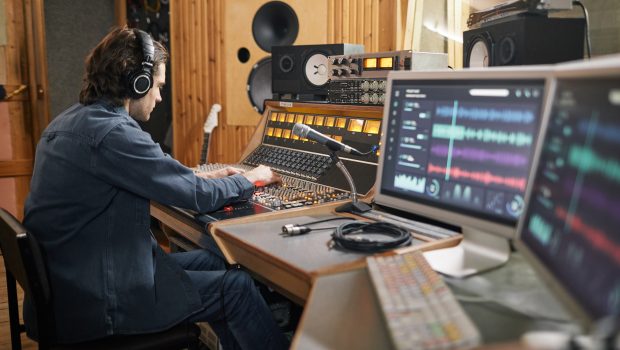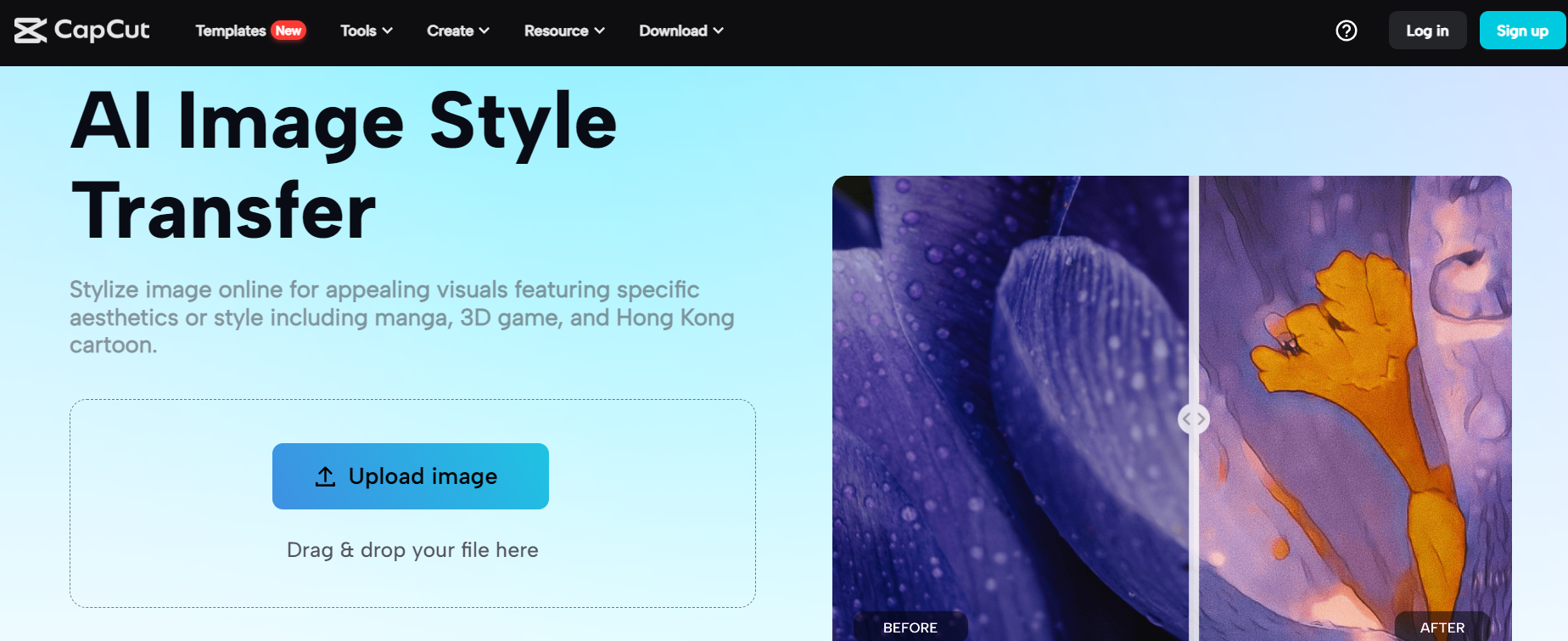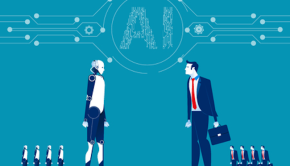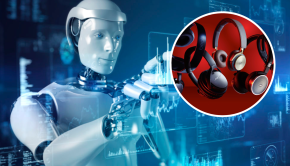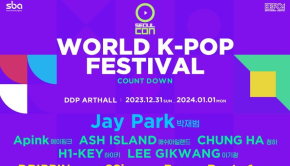AI in Music: Generative Music, Deepfakes, and More
We’re now living through a fascinating intersection of artificial intelligence and music, leading to many groundbreaking achievements. AI is changing the way music is composed, extending its applications, and transforming the music industry as a whole. Today, we’ll be taking a closer look at the world of music redefined by algorithms by exploring the true potential of AI in music.
Technology Meets Creativity: AI in the Music Industry
Let’s start with fully AI-generated music. Generative music is where AI algorithms create or assist in composing music – one of the pioneers in this space is Google’s Magenta project. Google Magenta is an initiative focused on developing AI that crafts art and music. These algorithms analyze tons of musical data, recognize patterns, learn to reproduce musical styles, and even create entirely new compositions from scratch.
This technology has become a powerful tool for music producers. Instead of relying solely on inspiration, artists can use AI-powered tools to help generate a foundation for their music, and then build upon it. AI can even be used for creating sung parts, using free text-to-speech apps like CapCut.
Does AI Use in Music Destroy Creativity?
There’s an ongoing debate on whether AI-generated music can truly be called “creativity” – some argue that AI merely mimics patterns it has learned and cannot innovate in a real sense. Others, however, believe that with the right algorithms, machines can seemingly exhibit behavior resembling creativity.
Regardless of our personal stance on this, it can’t be denied that AI has created countless new opportunities for music creators. AI can produce infinite ambient music tracks for a variety of uses – in video games, AI can even adjust the music based on the current gameplay to create a fitting mood. Best of all, these solutions are great on a tight schedule and budget, as they’re cheap to employ and deliver output almost immediately.
Deepfakes in Music: Deception or Innovation?
The term “deepfake” originally referred to a hyperrealistic, AI-generated fake video impersonating actors or other celebrities, but has since also expanded to the realm of music. Using AI technology, it is now possible to replicate a singer’s voice and produce songs they never actually sang. With this, long-deceased artists like Elvis Presley or Frank Sinatra can be heard singing covers of new songs, or entirely new tracks.
This phenomenon is equally fascinating and disturbing. From a creative perspective, musical deepfakes can resurrect the voices of legends past – imagine hearing a new Beatles track or an unheard Whitney Houston song. On the other hand, this blurs the lines between authenticity and fabrication, and it might soon become impossible to distinguish between original compositions and AI-generated replicas.
There’s a lot of potential for misuse in deepfakes. AI can be used to create songs covering derogatory and otherwise unendorsed themes, which could harm the real artist’s reputation. This is a dire challenge that needs a solution to strike the balance between innovation and integrity. What will the compromise be for AI-generated music? Only time will tell.
Beyond Entertainment: Practical Applications of AI-Generated Music
There are plenty of uses for AI-powered music beyond just entertainment. AI can be used to generate personalized tracks, adjusted to each person’s individual emotions and needs to create a therapeutic experience. It can generate calming melodies for anxiety relief, or upbeat tracks for motivation. It can even potentially analyze your reactions, preferences, and current behavior to fine-tune the music in real-time.
AI finds plenty of uses in a range of industries already. Graphic designers can take advantage of automatic editing features, like AI image style transfer or old photo restoration – all for free using apps like CapCut. CapCut can be used in your browser on a variety of devices, granting you access to free-to-use AI-powered tools for image and video editing that will streamline your work.
There are also apps that can analyze your musical performance, provide feedback, and even suggest exercises that will help you hone your skills. This can make playing instruments more accessible and make self-studying much faster and more efficient.
The Future of Sound: Is AI Here to Stay?
The possibilities of AI use in music are endless. Imagine live concerts where the music changes in response to the audience’s reactions, or tracks that are based on your current emotions detected with biometric data.
As with any technological innovation, there are both upsides and downsides to the use of AI. We should all aim to approach AI with caution and a desire to improve and elevate human creativity, rather than to undermine it. If used responsibly as a tool, AI can be used to streamline production. In the wrong hands, however, it can be used for nefarious purposes, or even just flood the market with soulless, AI-generated tunes. To avoid the second, we’ll definitely need more accurate regulations regarding AI use than what we have currently.

